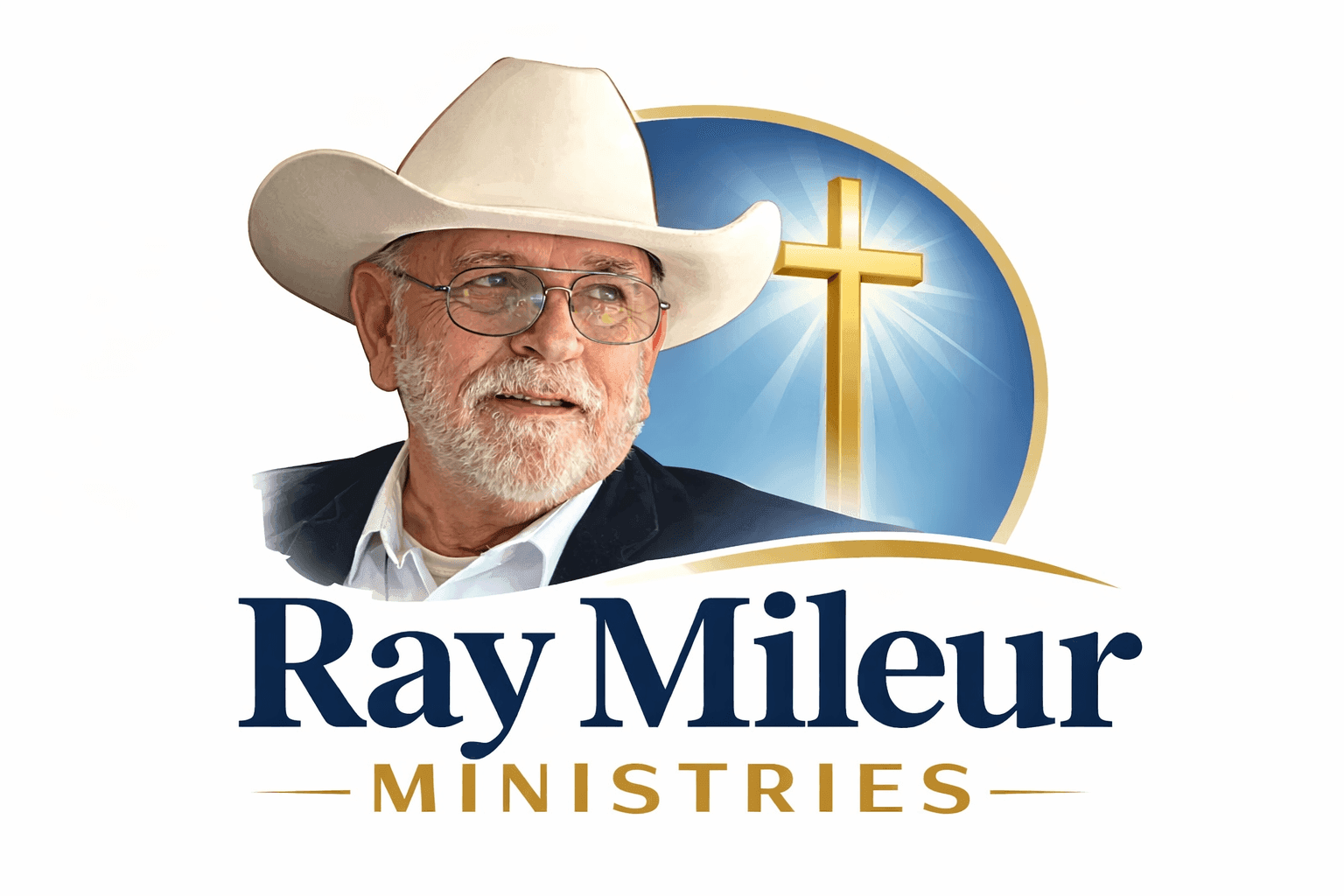Held by the Good Shepherd
Daily R.E.A.P. Report for John 10:11 (ESV)
Held by the Good Shepherd
Read
“I am the good shepherd. The good shepherd lays down his life for the sheep.” John 10:11 (ESV)
The Gospel of John presents Jesus as the eternal Son of God who came to reveal the Father’s heart and give us life. John 10 follows the healing of the blind man in chapter 9 and the conflict with religious leaders. Jesus uses shepherd imagery drawn from passages like Ezekiel 34 and Psalm 23, exposing false shepherds who exploit the flock and revealing Himself as the true, faithful Shepherd who protects, knows, and sacrifices for His sheep. This matters for daily life because it answers our deep need for security, guidance, and love—and invites us to lead others with the same heart.
Examine
Jesus is not a distant leader but the Good Shepherd who puts Himself between danger and His people. His goodness is seen most clearly in His self-giving love—He willingly lays down His life, not out of obligation but out of covenant love. This verse assures you that your safety, worth, and future rest not in your strength but in His sacrificial care.
Connection to Jesus: Jesus fulfills this image through His cross and resurrection (see John 10:17–18). He taught, healed, protected the vulnerable, and ultimately gave His life to save His flock. He still leads by His Spirit, speaks through His Word, and promises, “My sheep hear my voice… and no one will snatch them out of my hand” (John 10:27–28).
Main Themes:
- Sacrificial Love: Real love costs something; Jesus pays the highest price.
- Protection and Guidance: He guards, feeds, and leads you through confusion and danger.
- Belonging and Care: You are known, named, and valued—never anonymous to Him.
Key Word Study:
- “Good” (Greek: kalos): More than morally good; it means noble, beautiful, excellent—attractive goodness that draws and heals. Jesus’ goodness is compelling and life-giving.
- “Lays down his life” (Greek: tithēmi + psuchē): To place down, to willingly set aside one’s soul-life. It stresses Jesus’ intentional, voluntary sacrifice—He chooses to protect His sheep at His own expense.
Apply
Reflective Questions:
- Where do I feel vulnerable or afraid today, and how does Jesus’ shepherding presence speak to that fear?
- Whom has God entrusted to my care (family, team, friends), and how can I reflect the Good Shepherd’s sacrificial love to them?
- What self-protective habit might I lay down to love someone well this week?
Real-Life Application:
- Practice Protective Presence: Identify your “flock”—a person or group God has placed in your care. Offer one protective action today: defend someone in a meeting, check on a struggling friend, or set a healthy boundary that guards your home’s peace.
- Listen for His Voice: Spend 5 unhurried minutes reading John 10:1–18. Ask, “Jesus, what are You saying to me?” Write one sentence you sense from Him and act on it.
- Choose a Small Sacrifice: Give up a convenience (time, preference, or credit) to serve someone specifically and quietly.
Pray
Dear Heavenly Father, I praise You for Your noble, beautiful goodness and for laying down Your life for me. You are my safety, my leader, and my peace. I confess that I often protect my comfort more than I protect others, and I worry as if I’m alone. Forgive me. Teach me to hear Your voice and to trust Your care. Give me courage to love sacrificially—at home, at work, and in my community. By the Holy Spirit, form in me Your shepherding heart: attentive, brave, and faithful. Lead me today, and use me to lead others toward Your life. Amen.
Closing Reflection: Picture Jesus walking ahead of you on today’s path—staff in hand, eyes on every shadow, calling you by name. You’re not navigating alone; you’re following a Shepherd who already faced the wolves and won. Rest your steps in His steady lead.
Call to Action: Today, listen for His voice and do one concrete, sacrificial act of care for someone in your “flock.” As you move, remember—you are known, guarded, and loved by the Good Shepherd.
